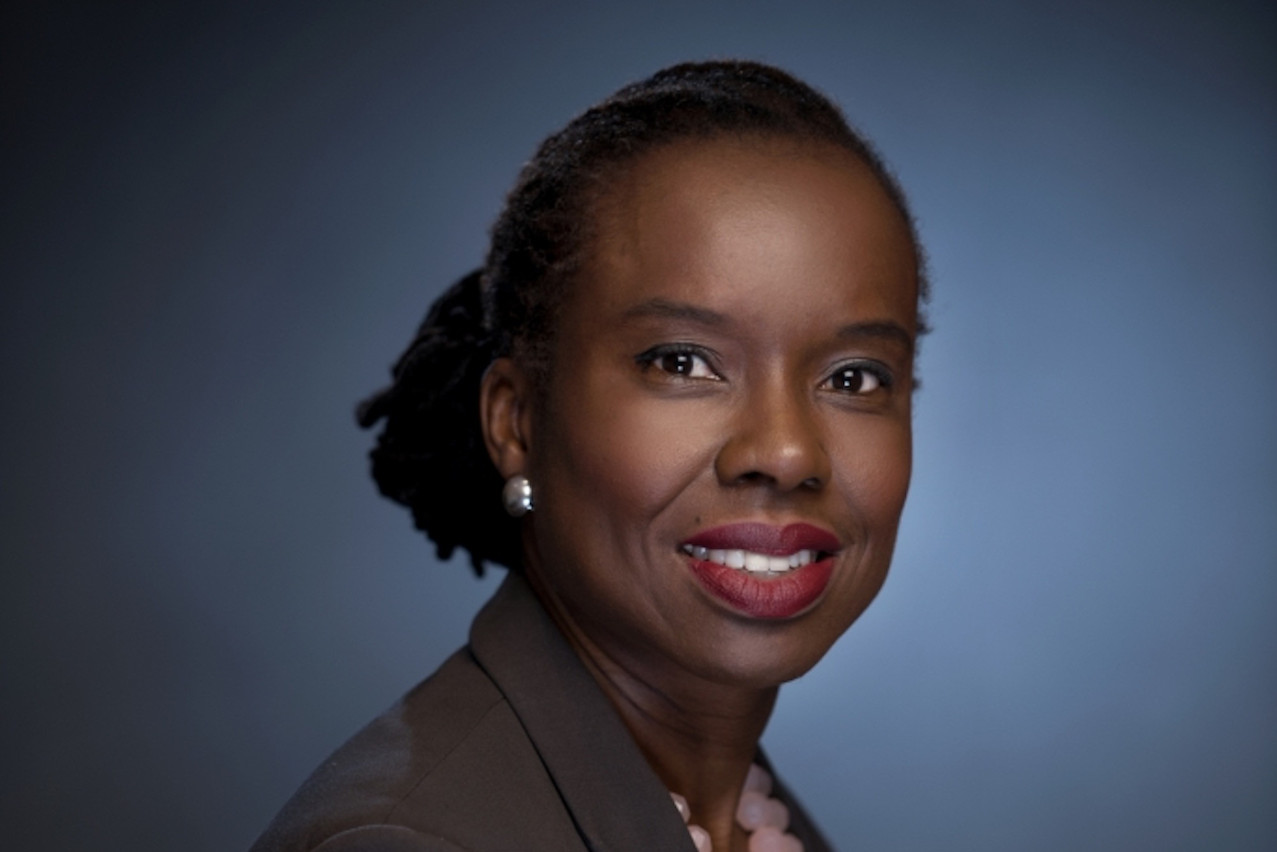In advance of the event, Delano spoke with ’Tokunboh Ishmael, founder and CEO of Alitheia, a private equity investment firm in Lagos, Nigeria, and chair of the African Private Equity and Venture Capital Association. She speaks during the PE investing in Africa session, at 3:10pm.
Aaron Grunwald: What do you want the audience to get most from the private equity investing in Africa session?
’Tokunboh Ishmael: Primarily, I would like the audience to take away the fact that Africa’s investment landscape presents an opportunity for attractive returns with a teeming young population, highest global growth rates and projections that by the end of the century, thirteen of the top 20 largest cities will be in Africa, according to research by the Global Cities Institute. Investing in African businesses opens the opportunity for a multiple-fold return on investment: economic, social, environmental, and financial returns.
Over the last decade, African Private Equity and Venture Capital has witnessed varying degrees of success and the emergence of technology as key factor for inclusive growth and prosperity. The investor base is now diversified beyond the traditional development finance institutions with commercial investors growing in volume and value. In 2020, the total value of PE deals in Africa was $3.3bn and by H1 2021 alone, transaction value had already exceeded $2.0bn. Bringing the total PE funds invested between 2016 and H1 2021 to $21bn, as reported by the Africa Private Equity and Venture Capital Association.
Despite the headwinds of the pandemic, the volume of transactions increased from 230 transactions in 2019 to over 250 in 2020, signalling investors’ appreciation of the opportunity in certain essential businesses that emerged as the profitable purveyors of necessary solutions in the face of formulating responses to the crisis and climatic shocks.
From your point of view, what are the best opportunities right now for European fund firms in Africa?
Africa offers numerable opportunities for European funds. The continent has the largest free trade area in the world and is home to a growing population that is expected to reach 1.7bn by the end of the decade, with a projected spending power of $6.7trn. In response to this opportunity, essential businesses in technology-enabled sectors and consumer staples are witnessing significant growths across multiple fronts: investor funds and consumer spending. These sectors, because they cater to the basic needs for a large consumer base and are essential for driving inclusive growth, are attractive to investors. In 2020, for instance, transactions in tech-enabled businesses accounted for 55% of all transactions with fintech, agrictech, and edtech emerging as the top choice for investors, according to the AVCA.
However, I advocate that investing in Africa be anchored with ESG and impact themes to fuel inclusive growth and prosperity, in order to solve for some of the hurdles (such as climatic disaster, exclusion of the continent’s most underutilised asset, women and weak governance) that are likely to impede Africa reaching its full potential. This will ensure that funds unleash long-term impact and sustainability and simultaneously achieve superior returns.
What are the biggest changes you expect to see in impact investing in 2022?
Over the last year, we have seen different crises--from climate to public health--emerge. This has resulted in an increased awareness that these existential crises can be resolved through business solutions that provide a triple bottom line return. I expect over the next few years to see more investors prioritising environmental, social, governance and impact as key aspects of their investments with a trumpeting of the mantra of the quadruple bottom line of purpose, people, planet and profit. A recent survey of investors by the AVCA show an increase in funds allocated to impact investment in Africa, with over 55% of limited partners stating that achieving impact is a key driver of the increase. Similarly, even higher amounts will be allocated towards technology-enabled essential businesses--in 2021, over $4bn has been invested in technology companies on the continent with numerous unicorns emerging. Less than five years ago, this would have been nigh impossible. These themes and essential businesses provide the opportunity to bridge divides and reach historically underserved communities, particularly women and rural populations where essential infrastructures are few and far between.
Aside from your own talk at the Alfi event, which session are you most looking forward to hearing, and why?
The sessions listed for this year’s conference are all interesting and I am particularly looking forward to the session on D&I [editor’s note: Tuesday 30 November at 11:45am] as it opens the opportunity to further spotlight the opportunity of gender smart investments and the need for more capital to flow to female founders and businesses that positively impact on women as producers and consumers. This is key to economies and nations across the globe reaching their full potential.
Our firm, Alitheia Capital invests along this theme through Africa’s first and largest pan-African women-led Gender Smart private equity fund, Alitheia IDF. Our belief is that gender smart businesses will accelerate global growth and provide superior returns by leveraging the dividends of diversity which are stronger corporate governance, more effective decision making and enhanced corporate innovation. Utilising all its assets (particularly its women who hitherto have been marginalised) and resources in its arsenal is what will enable Africa (and the world in general) to reach its pinnacle.
